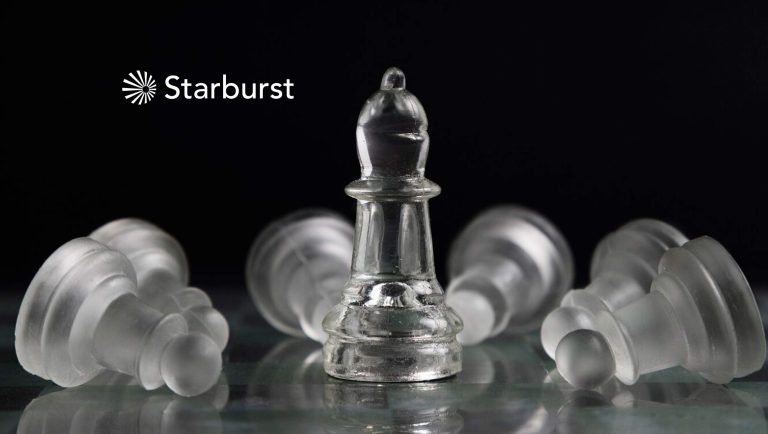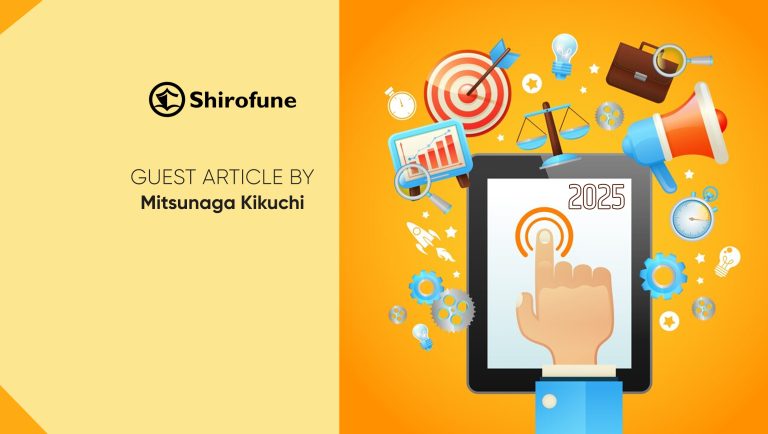The world’s most valuable brands have experienced record growth according to the Kantar BrandZTM Most Valuable Global Brands 2021 ranking, with the total worth reaching $7.1 trillion – equivalent to the combined GDP of France and Germany. The 42% increase; more than four times the study’s annual average percentage increase over the past 15 years, has been driven by confidence derived from vaccine availability, economic stimulus packages and improving GDP outlooks. US brands account for 56 of the Top 100 brands, with Amazon and Apple leading the way – each now worth over US$½ trillion.
Marketing Technology News: GorillaPDF Launches PDF Merger, Compressor, Reader And HTML To PDF Converter
“2020-1 has been a record year for brand growth, and despite many facing a difficult year, our research has again proven that strong brands deliver superior shareholder returns, are more resilient and recover more quickly”
Key trends highlighted in this year’s Kantar BrandZ Most Valuable Global Brands study include:
- Amazon maintained its position as the world’s most valuable brand, growing 64% to US$684bn (or the equivalent GDP of Poland)
- Tesla is the fastest growing brand and became the most valuable car brand, growing its value by 275% year-on-year to $42.6bn
- Five brands more than doubled their brand values: Pinduoduo, Meituan, Moutai and TikTok from China, and Tesla from the USA
- Technology dominates the top end of the Kantar BrandZ ranking, with seven of the top ten brands coming from the tech sector. Tech has also enabled non-tech brands to achieve significant growth, for example Gucci – harnessing the power of TikTok during the pandemic, and Domino’s – leveraging online and delivery services
- US brands grew fastest in 2021 with their brand values growing an average 46% year-on-year, meaning the US now accounts for 74% of the Top 100’s total value, despite having just 24% of global GDP
- China has consolidated its lead over Europe. Chinese brands have grown from 11% of the Top 100 value in 2011 to 14% today. European brands, in contrast, now represent 8% of the ranking’s value versus 20% in 2011
|
Rank 2021 |
Brand |
Brand Value 2021 ($Mil.) |
% Change 2021 |
|
1 |
Amazon |
$ 683,852 |
64% |
|
2 |
Apple |
$ 611,997 |
74% |
|
3 |
Google |
$ 457,998 |
42% |
|
4 |
Microsoft |
$ 410,271 |
26% |
|
5 |
Tencent |
$ 240,931 |
60% |
|
6 |
Facebook |
$ 226,744 |
54% |
|
7 |
Alibaba |
$ 196,912 |
29% |
|
8 |
Visa |
$ 191,285 |
2% |
|
9 |
McDonald’s |
$ 154,921 |
20% |
|
10 |
MasterCard |
$ 112,876 |
4% |
|
Kantar BrandZ Top 10 Most Valuable Global Brands 2021 |
|||
“2020-1 has been a record year for brand growth, and despite many facing a difficult year, our research has again proven that strong brands deliver superior shareholder returns, are more resilient and recover more quickly,” comments Nathalie Burdet, CMO of Kantar. “With global ecommerce growing from 12% to 15% of all sales in 2020, it has been a positive year for brands involved in that value chain – from the retailers through to the couriers like FedEx and UPS. However, we have also seen growth in industries where many were predicting challenges early in the pandemic. Apparel brands for example have collectively grown even more than media and entertainment brands in the ranking, and luxury brands, despite reduced travel and lockdowns globally, have refocused their energies and seen growth as a result.”
Marketing Technology News: MarTech Interview with Paige R Leidig, Chief Marketing Officer at NetBase Quid
Across industries brands have been rewarded for meeting consumers’ changing needs and behaviours:
- Subscription models have been a significant driver of success for many. Microsoft is one of the best examples of this (+26%) innovating offers to adapt to new working environments and transitioning to subscription models to improve convenience and scalability. Xbox (+55%), Disney (+13%) and Netflix (+55%) all saw growth, while Spotify entered the ranking following a 454% growth in subscribers from 2015-20 and a significant improvement in consumer brand equity. Beyond technology, subscription-based models are also increasing the value of a broad range of brands including Lululemon, Nike, Mercedes-Benz and Heineken
- Alcohol maintained its growth throughout the pandemic, fuelled by Chinese Baiju brands. The most valuable alcohol brand in the world is Moutai ($109.3bn)– which doubled its valuation in one year and is now four times the size of Budweiser (with the second biggest alcohol valuation of $25.5bn). Heineken was the fastest growing beer brand growing 16% (#4 in alcohol ranking)
Reputation, especially for sustainable and ethical purposes, is increasingly a driver for brand growth. The luxury category saw 34% brand growth with, predominantly, French and Italian luxury companies such as LVMH investing in their corporate reputation through pandemic-related initiatives, sustainable transformation, and support for social movements such as BLM. Similarly, L’Oréal Paris successfully bucked the trend across beauty brands in the pandemic, securing brand growth by flexing its assets and driving female empowerment.
“This year’s results show that brand building remains critical to securing growth,” explains Burdet. “We track the stock market performance of our strongest brands and have seen these recover twice as fast as other key indices. Our analytics have uncovered that 70% of what makes a brand successful is executing four fundamentals well: providing superior experience across consistently branded touchpoints, a range of well-designed and functional products and services, convenience, and exposure through great advertising. However, COVID-19 has emphasised consumer values such as trust and reliability. Those brands that are evolving their values, projecting leadership on these issues are demonstrating differentiation and standing out.”
Marketing Technology News: MarTech Interview with Eric Berry, Co-founder and CEO at TripleLift























